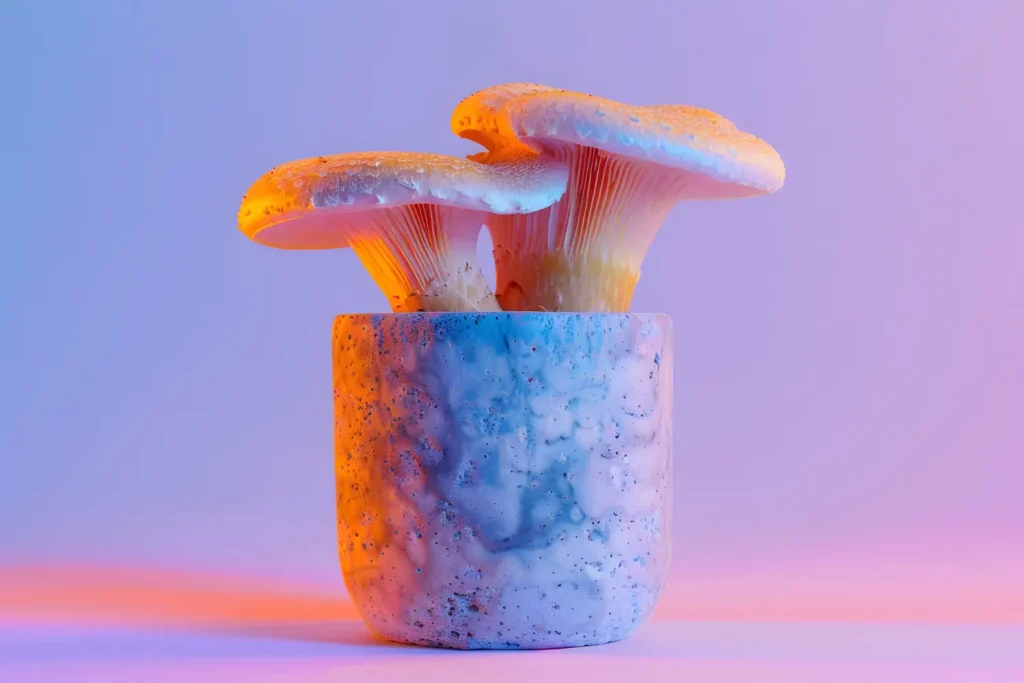Back in the 1950’s, one of the co-founders of Alcoholics Anonymous (AA), Bill Wilson, famously experimented with LSD. Bill Wilson, who played a pivotal role in establishing the twelve-step program that AA is known for, was open about his struggles with depression and his search for spiritual experiences that could aid in recovery from alcoholism.
In the 1950s, several decades after AA was founded, Wilson became interested in the potential of LSD to produce spiritual experiences that he believed could help alcoholics achieve the kind of spiritual awakening that AA sought to foster. He participated in medically supervised experiments with LSD, which at the time was being explored as a potential treatment for various mental health issues, including alcoholism.
Wilson’s experiences with LSD were personally profound. He reported that the drug induced a deep spiritual experience and offered him insights that he found valuable in his own recovery process. He believed that such experiences could help other alcoholics face their ego and surrender to a higher power, which is a fundamental aspect of the AA recovery process.
However, his views on LSD were controversial within AA. Concerns were raised about the compatibility of drug-induced spiritual experiences with the principles of AA, particularly the emphasis on sobriety. Ultimately, Wilson’s experimentation with LSD and his views on its potential benefits for alcoholics did not become a part of AA’s approach. AA has remained focused on its original twelve-step program, which does not advocate the use of psychedelic substances.
Wilson’s interest in LSD highlights the long-standing curiosity about the potential therapeutic benefits of psychedelics, even among those deeply involved in traditional recovery movements. His personal experiments reflect a broader, ongoing conversation about the role of spiritual experiences in overcoming addiction and the possible roles that substances like LSD and psilocybin might play in facilitating these experiences.
The scientific interest in psychedelics, including Magic Mushrooms and Psilocybin, for treating various mental health disorders, including AUD, began to grow in the 1950s and 1960s but was halted for several decades due to legal and cultural issues surrounding psychedelic substances. However, the 21st century has seen a resurgence in this research.
Several recent studies have explored the potential of Psilocybin, the active compound in magic mushrooms, to treat Alcohol Use Disorder. The rationale behind this research is based on Psilocybin’s ability to induce profound psychological experiences that can lead to changes in perspective, self-reflection, and emotional breakthroughs, which may be beneficial in overcoming addiction.
In a collaborative study conducted by New York University Langone Health Center, the University of Alabama at Birmingham, and the University of New Mexico, researchers evaluated the efficacy of psilocybin in treating alcohol use disorder (AUD). The study revealed that participants who received two doses of psilocybin in conjunction with psychotherapy experienced significant reductions in alcohol consumption for at least eight months following their initial treatments.
From the enduring success of decades-old LSD clinical trials to the groundbreaking recent findings, the evidence strongly suggests that various psychedelics hold immense potential in combatting binge drinking, alcohol use disorder, and other forms of addiction. Moreover, exciting research indicates that psilocybin could be a game-changer in aiding smoking cessation efforts.












